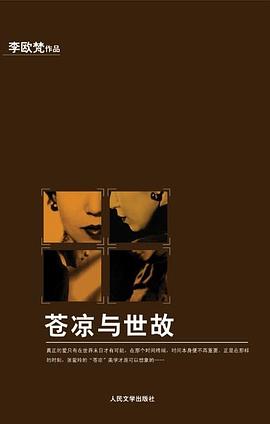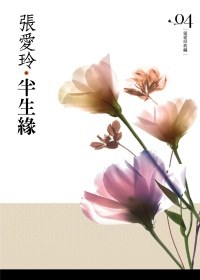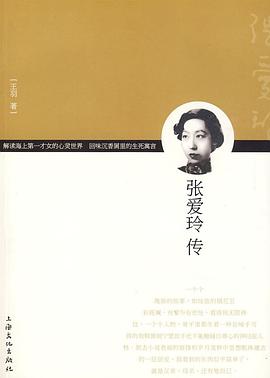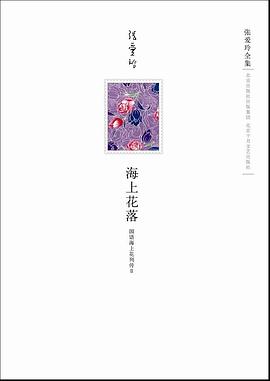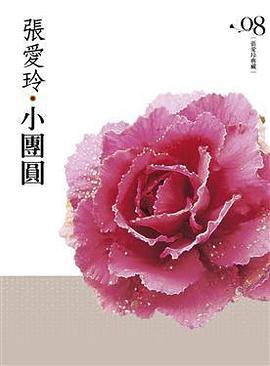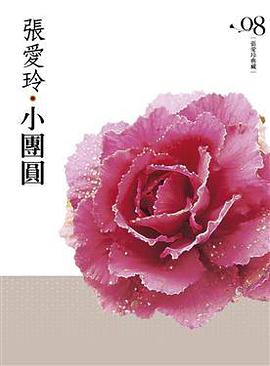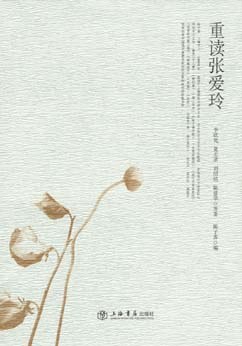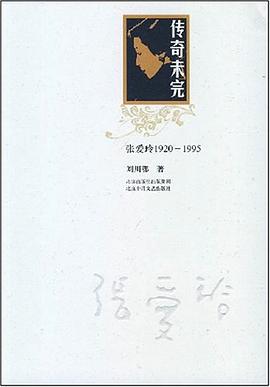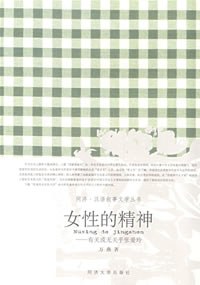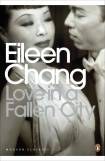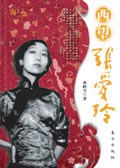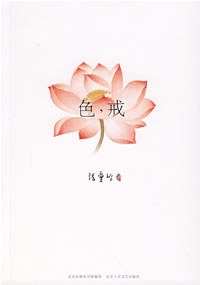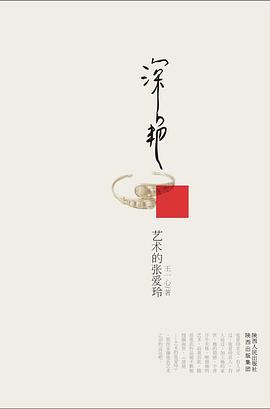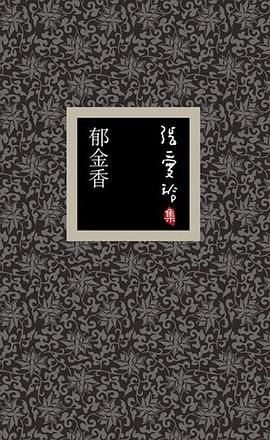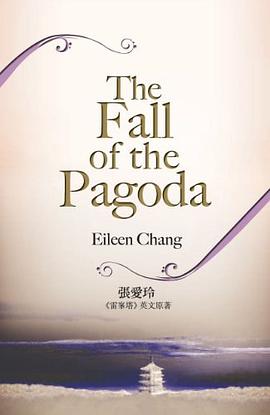

具体描述
The Fall of the Pagoda, the first of two semi-autobiographical novels written originally by Eileen Chang in English, depicts in gripping detail her childhood years in Tianjin and Shanghai, while The Book of Change revolves around her wartime student days in Hong Kong. The Fall of the Pagoda introduces a young girl (called Lute) growing up amid many family entanglements with her divorced mother and spinster aunt during the 1930s in Shanghai’s International Settlement. Both novels shed light on the construction of selfhood in Chang’s other novels, through lengthy discussions of Chang’s difficult relationship with her selfishly demanding mother as well as of intricate dynamics in the extended families who emerged from aristocratic households of the late Qing Dynasty. While the main characters belong to the new Republican period, their worldviews and everyday life are still haunted by the shadows of the past.
Eileen Chang is now recognized as one of the greatest modern Chinese writers, though she was completely erased from official histories in chinese mainland. She was the most popular writer in Japanese-occupied Shanghai during World War II, with English and Chinese stories focusing on human frailties rather than nationalist propaganda. For her non-committal politics and idiosyncrasies, she was boycotted by fellow writers after the war and forced to the margins of literary respectability.
"The Fall of the Pagoda begins as a comedy of manners and gradually evolves into a gothic thriller… Contradictions and aberrations are the norm in Lute’s family. This is a household immersed in a decaying grandeur amid the intoxicating smell of opium, but it never hesitates to pursue new and exotic things from automobiles to movies. Desolation and decadence rule. Lute’s father indulges himself in debauchery while her mother could not wait to become a Nora of New China. Nevertheless, both share the disposition to squander family fortune ruthlessly; children are their last concern. The Russian Revolution, the creation of Manchukuo, and the Second Sino-Japanese War take place one after another in the novel, but except for momentary disturbances, nothing affects the family which is already engulfed by its own corruption." — From the Introduction by David Der-wei Wang, Harvard University
Eileen Chang is now recognized as one of the greatest modern Chinese writers, though she was completely erased from official histories in chinese mainland. These previously unpublished, semi-autobiographical novels depict in gripping detail her childhood years in Tianjin and Shanghai, as well as her student days in Hong Kong during World War II, and shed light on the construction of selfhood in her other novels.
用户评价
##读了原版才知道翻译后的有些失真 有时候我会跟我妈说起,小时候她打我时候我的难过,还有上学的时候,我爸嫌弃女孩儿爱分心理科成绩不好时候,我偷偷躲起来哭。 我妈总笑我,你怎么可能记得,那时候你多小。 小孩子的记忆总是出人意料的清晰,本该混混沌沌的年纪,说出一些在大人们看来不合时宜的话,做出那些...
评分##末代闺秀 ——读《雷峰塔》 在中华民族饱经忧患、绵长悠久的历史画卷中,清王朝治下的中国与它之前的大部分王朝一样,也曾让神州大地焕发过盛世的灿烂光彩。然而,国门之外遥远的大不列颠岛上,一只轰鸣的火车头上喷出的第一缕蒸汽,终于成为一只蝴蝶引发海啸的振翅,在...
评分不要把人和人之间的那灵犀一点看得太重。那可能是想象,也可能是幻觉。
评分不要把人和人之间的那灵犀一点看得太重。那可能是想象,也可能是幻觉。
评分 评分 评分 评分##张爱玲:沈琵琶 母亲:杨露 姑姑:沈珊瑚 父亲:沈榆溪 弟弟:沈陵 《雷峰塔》讲述张爱玲4岁至18岁在旧家族的成长经历,没有新内容,直到陵死。为什么无端把陵写死?在一部名为小说基本上算是传记的作品里?想来想去,如下几点不知是否说得通: ◆ 考验母亲杨露——置之死地以...
评分##张爱玲的半自传小说,上部《雷峰塔》与下部《易经》,解开我升学失败的郁结。 2020年上半年,升学失败工作也不顺,工作时行尸走肉,不工作时只要一想起升学失败就心痛,总之就是自己现在所过的日子偏离了曾经的期待,我好不甘心却无能为力又走不出去。我不知道怎么表达出来我的...
相关图书
本站所有内容均为互联网搜索引擎提供的公开搜索信息,本站不存储任何数据与内容,任何内容与数据均与本站无关,如有需要请联系相关搜索引擎包括但不限于百度,google,bing,sogou 等
© 2025 windowsfront.com All Rights Reserved. 静流书站 版权所有

